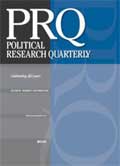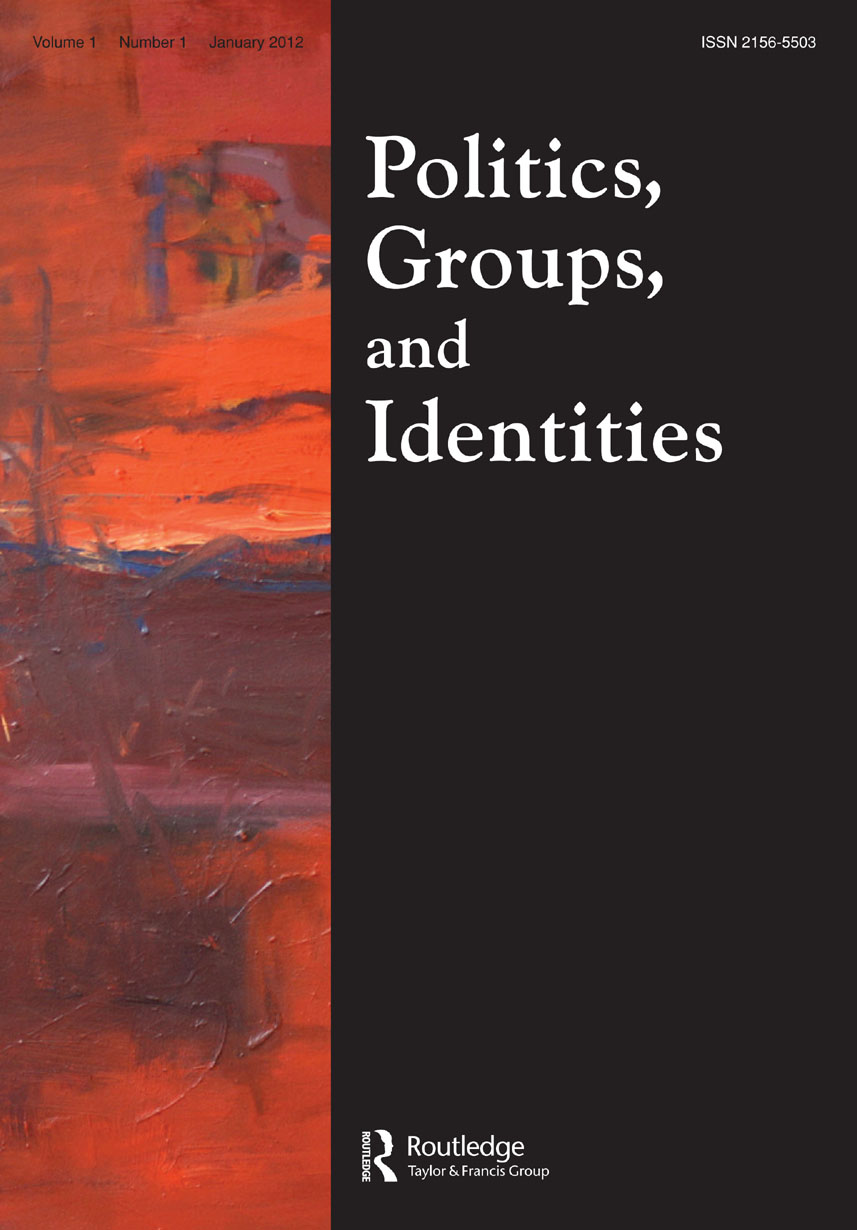ASIAN PACIFIC AMERICANS POLITICS AWARD: ($250)
To: Loan K. Le, Institute for Good Government and Inclusion,
and Paul M. Ong, University of California, Los Angeles
For their paper: Trajectories of Asian American
Partisanship
BETTY NESVOLD AWARD (WOMEN AND POLITICS): ($250)
To: Marcela García-Castañon, San Francisco State University
For her paper: Community Makers, Citizen Shapers:
The Role of Women in Mexican Immigrant Political Socialization
CHARLES REDD AWARD FOR BEST PAPER ON THE POLITICS OF THE AMERICAN
WEST: ($250)
To: Juliet E. Carlisle, University of Idaho, Stephanie
L. Kane, Washington State University, David Solan, Boise State University,
and Jeffrey C. Joe, Idaho National Laboratory
For their paper: Place Attachment and Public Support
for Solar Development in Southern California
DISSERTATION AWARD: ($250)
To: Chris Parsons, University of Toronto
For his dissertation completed at the University of Victoria,
BC, Canada: The Politics of Deep
Packet Inspection: What Drives Contemporary Western Internet Service
Provider Surveillance Practices
ENVIRONMENTAL POLITICAL THEORY AWARD: ($250)
To: Justin Williams, University of Michigan
For his paper: The Space of Social Justice
LATINA/LATINO POLITICS AWARD: ($250)
To: Katsuo Nishikawa, Trinity University, and Kiku Huckle,
University of Washington
For their paper: Can
Places of Worship Help Politically Socialize Immigrants?
PI SIGMA ALPHA AWARD: ($500)
To: David Glick, Boston University, and Dino P. Christenson,
Boston University
For their paper: Legitimacy, Ideology, and the
Court’s Roller Coaster Week of Salient Decisions
POLITICAL RESEARCH QUARTERLY BEST ARTICLE AWARD: ($1000)
To: Dino P. Christenson, Boston University, Corwin D. Smidt,
Calvin College, and Costas Panagopoulos, Fordham University
For their article: Deus ex Machina: Candidate Web
Presence and the Presidential Nomination Campaign
Honorable Mention to: Sarah Shair-Rosenfield, Arizona
State University, and Magda Hinojosa, Arizona State University
For their paper: Does Female Incumbency Reduce
Gender Bias in Elections? Evidence from Chile


